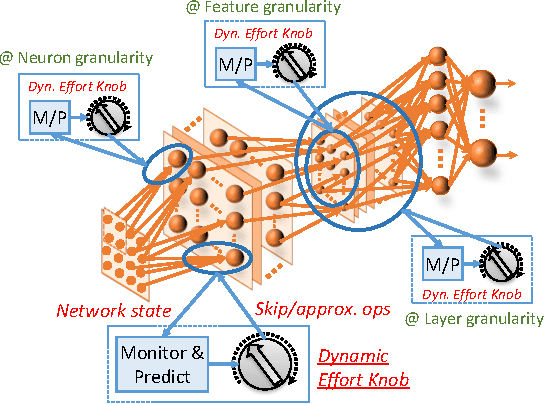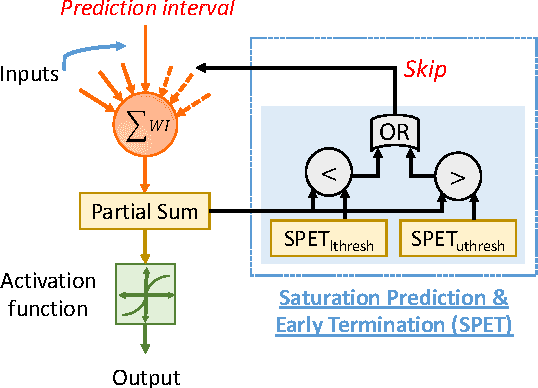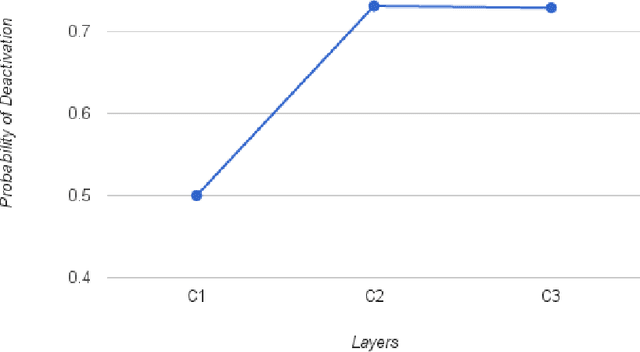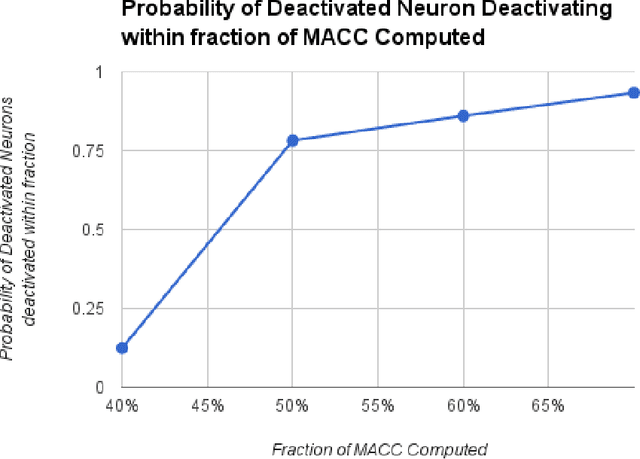Sanjay Ganapathy
The FACTS Leaderboard: A Comprehensive Benchmark for Large Language Model Factuality
Dec 11, 2025Abstract:We introduce The FACTS Leaderboard, an online leaderboard suite and associated set of benchmarks that comprehensively evaluates the ability of language models to generate factually accurate text across diverse scenarios. The suite provides a holistic measure of factuality by aggregating the performance of models on four distinct sub-leaderboards: (1) FACTS Multimodal, which measures the factuality of responses to image-based questions; (2) FACTS Parametric, which assesses models' world knowledge by answering closed-book factoid questions from internal parameters; (3) FACTS Search, which evaluates factuality in information-seeking scenarios, where the model must use a search API; and (4) FACTS Grounding (v2), which evaluates whether long-form responses are grounded in provided documents, featuring significantly improved judge models. Each sub-leaderboard employs automated judge models to score model responses, and the final suite score is an average of the four components, designed to provide a robust and balanced assessment of a model's overall factuality. The FACTS Leaderboard Suite will be actively maintained, containing both public and private splits to allow for external participation while guarding its integrity. It can be found at https://www.kaggle.com/benchmarks/google/facts .
Gemini 1.5: Unlocking multimodal understanding across millions of tokens of context
Mar 08, 2024Abstract:In this report, we present the latest model of the Gemini family, Gemini 1.5 Pro, a highly compute-efficient multimodal mixture-of-experts model capable of recalling and reasoning over fine-grained information from millions of tokens of context, including multiple long documents and hours of video and audio. Gemini 1.5 Pro achieves near-perfect recall on long-context retrieval tasks across modalities, improves the state-of-the-art in long-document QA, long-video QA and long-context ASR, and matches or surpasses Gemini 1.0 Ultra's state-of-the-art performance across a broad set of benchmarks. Studying the limits of Gemini 1.5 Pro's long-context ability, we find continued improvement in next-token prediction and near-perfect retrieval (>99%) up to at least 10M tokens, a generational leap over existing models such as Claude 2.1 (200k) and GPT-4 Turbo (128k). Finally, we highlight surprising new capabilities of large language models at the frontier; when given a grammar manual for Kalamang, a language with fewer than 200 speakers worldwide, the model learns to translate English to Kalamang at a similar level to a person who learned from the same content.
Gemini: A Family of Highly Capable Multimodal Models
Dec 19, 2023Abstract:This report introduces a new family of multimodal models, Gemini, that exhibit remarkable capabilities across image, audio, video, and text understanding. The Gemini family consists of Ultra, Pro, and Nano sizes, suitable for applications ranging from complex reasoning tasks to on-device memory-constrained use-cases. Evaluation on a broad range of benchmarks shows that our most-capable Gemini Ultra model advances the state of the art in 30 of 32 of these benchmarks - notably being the first model to achieve human-expert performance on the well-studied exam benchmark MMLU, and improving the state of the art in every one of the 20 multimodal benchmarks we examined. We believe that the new capabilities of Gemini models in cross-modal reasoning and language understanding will enable a wide variety of use cases and we discuss our approach toward deploying them responsibly to users.
DyVEDeep: Dynamic Variable Effort Deep Neural Networks
Apr 04, 2017



Abstract:Deep Neural Networks (DNNs) have advanced the state-of-the-art in a variety of machine learning tasks and are deployed in increasing numbers of products and services. However, the computational requirements of training and evaluating large-scale DNNs are growing at a much faster pace than the capabilities of the underlying hardware platforms that they are executed upon. In this work, we propose Dynamic Variable Effort Deep Neural Networks (DyVEDeep) to reduce the computational requirements of DNNs during inference. Previous efforts propose specialized hardware implementations for DNNs, statically prune the network, or compress the weights. Complementary to these approaches, DyVEDeep is a dynamic approach that exploits the heterogeneity in the inputs to DNNs to improve their compute efficiency with comparable classification accuracy. DyVEDeep equips DNNs with dynamic effort mechanisms that, in the course of processing an input, identify how critical a group of computations are to classify the input. DyVEDeep dynamically focuses its compute effort only on the critical computa- tions, while skipping or approximating the rest. We propose 3 effort knobs that operate at different levels of granularity viz. neuron, feature and layer levels. We build DyVEDeep versions for 5 popular image recognition benchmarks - one for CIFAR-10 and four for ImageNet (AlexNet, OverFeat and VGG-16, weight-compressed AlexNet). Across all benchmarks, DyVEDeep achieves 2.1x-2.6x reduction in the number of scalar operations, which translates to 1.8x-2.3x performance improvement over a Caffe-based implementation, with < 0.5% loss in accuracy.
 Add to Chrome
Add to Chrome Add to Firefox
Add to Firefox Add to Edge
Add to Edge